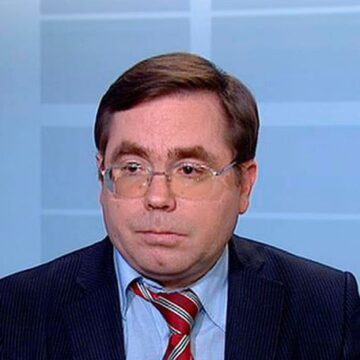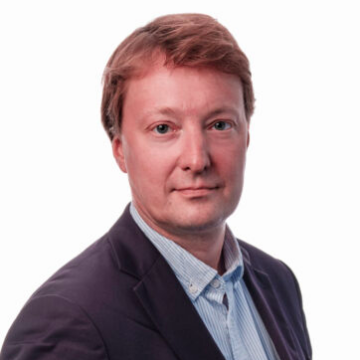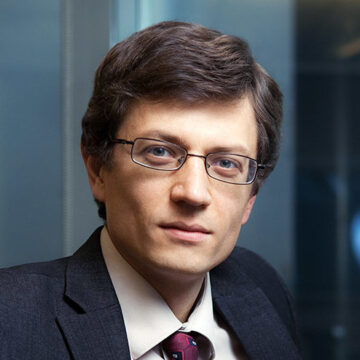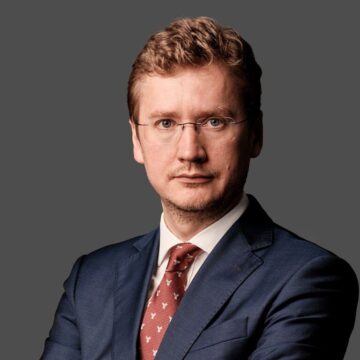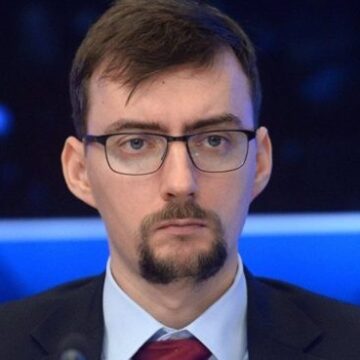For particulars, as every one knows, make for virtue and happiness; generalities are intellectually necessary evils. Not philosophers but fret-sawyers and stamp collectors compose the backbone of society.
Aldous Huxley, Brave New World
A new reality of international politics and the global economy is being assembled from pieces. Indeed, the situation in the world is tense, but some collisions already show features of the future, namely, a different globalisation infrastructure, a variety of rising centres of power, regrouping political interests and spheres of influence, greater independence and responsibility of the states for their own future, and competition among technological solutions instead of a single platform-monopoly.
The environmental degradation and climate change are major and dangerous problems that are both destructive and constructive. So far, they have been provoking differences between states; however, humanity will by all means need to find common solutions to them, as well as to pandemics, for that matter. By the same token, the humanity will need to harmonise value concepts, which is a necessary thing to do, but is a poor match to adopting some kind of a universal base for outlook on the world.


Of course, such a revaluation causes resistance of those who are used to seeing their values as universal. More importantly, the question is whether this diversity can be harmonised so that it could contribute to the international system’s stability rather than rock it. The request for more moral politics requires finding a common denominator to different ethical systems.
The chaos that everyone is talking about and which we mentioned in several previous Valdai Club reports is giving way to the outlines of the future which is closer to an imaginary utopia than what would have come out of editing the old world order.


However, technological advances of our time and individual freedom they offer make it more difficult – almost impossible – to exercise governance in the traditional sense of the word.
International governance, as we know it, remains outside the new utopia. It will simply never materialise since it’s impossible to subjugate anyone and individualism is rampant. But it will resurface in some other form based on new rationality, which will be determined precisely by the impossibility of subjugating anyone and individualism. We are entering an entirely new era.





